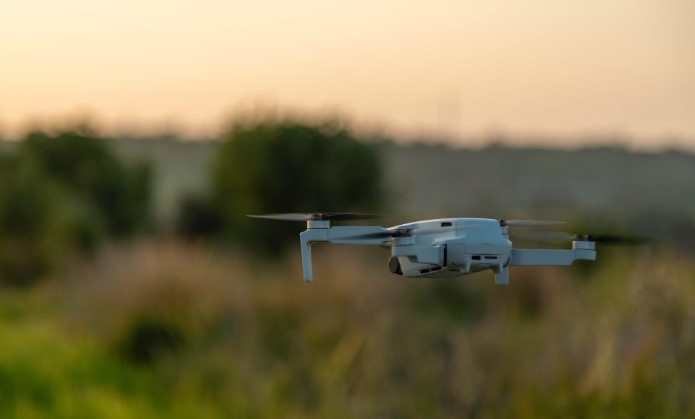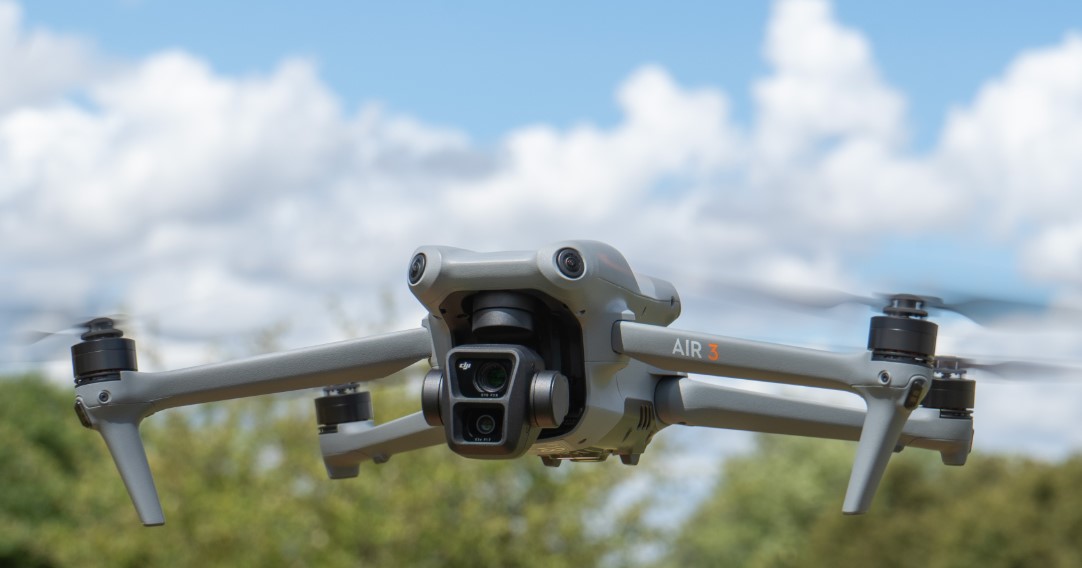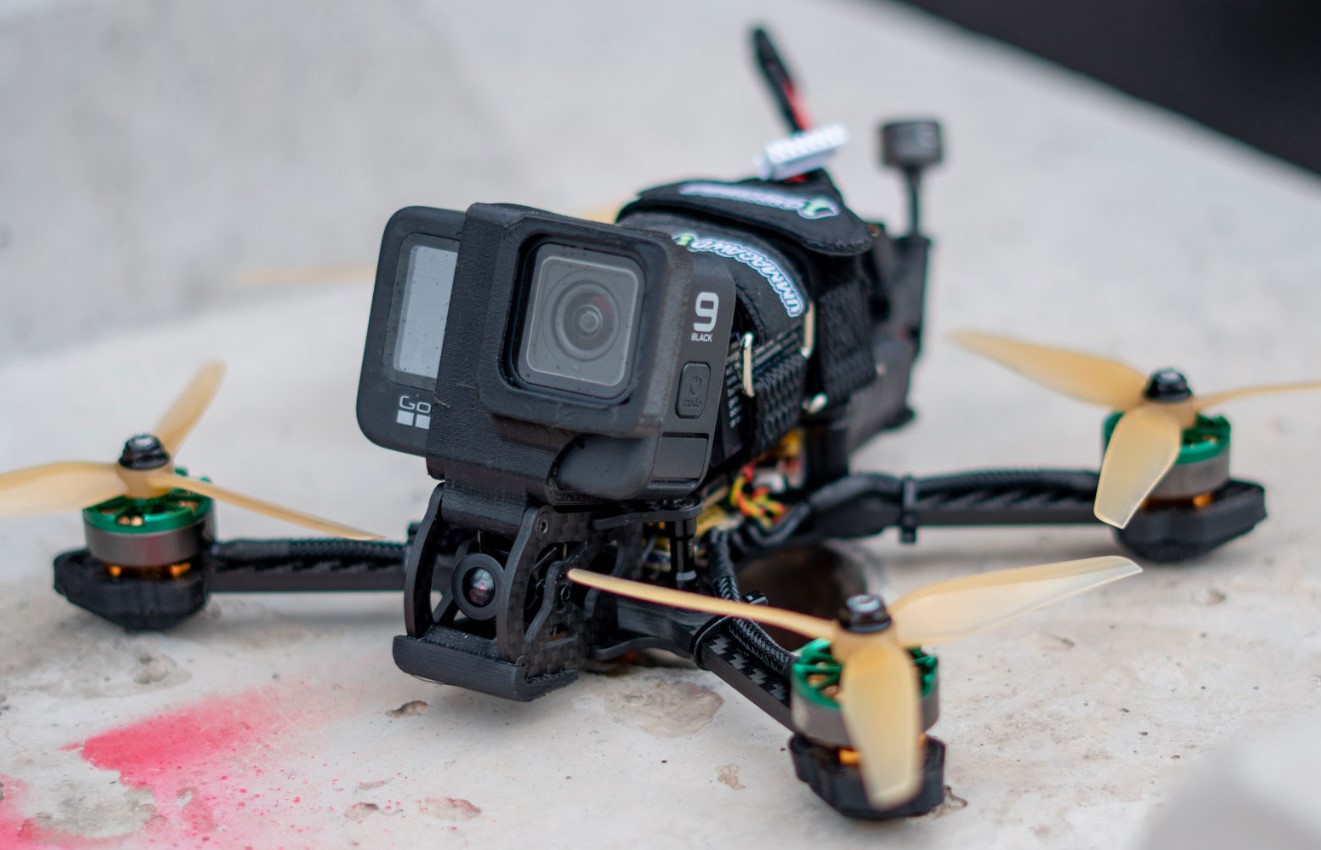Is Drone Deer Recovery Legal in Texas? The use of drones for various applications, from photography to agricultural monitoring, has grown exponentially in recent years. One of the emerging applications is using drones for wildlife management, particularly in deer recovery. However, laws regulating drones vary widely from state to state. This essay explores the legality of drone deer recovery in Texas, considering state and federal laws, ethical concerns, and practical implications. Follow Dronevoz.com !!!
Understanding Drone Deer Recovery
Drone deer recovery involves using unmanned aerial vehicles (UAVs) equipped with cameras or thermal imaging technology to locate wounded or deceased deer. Hunters often turn to drones for this purpose because they can cover vast areas quickly and efficiently, especially in dense forests or rugged terrain. These devices help reduce the time and effort required to track an animal and ensure ethical hunting practices by minimizing unnecessary suffering.
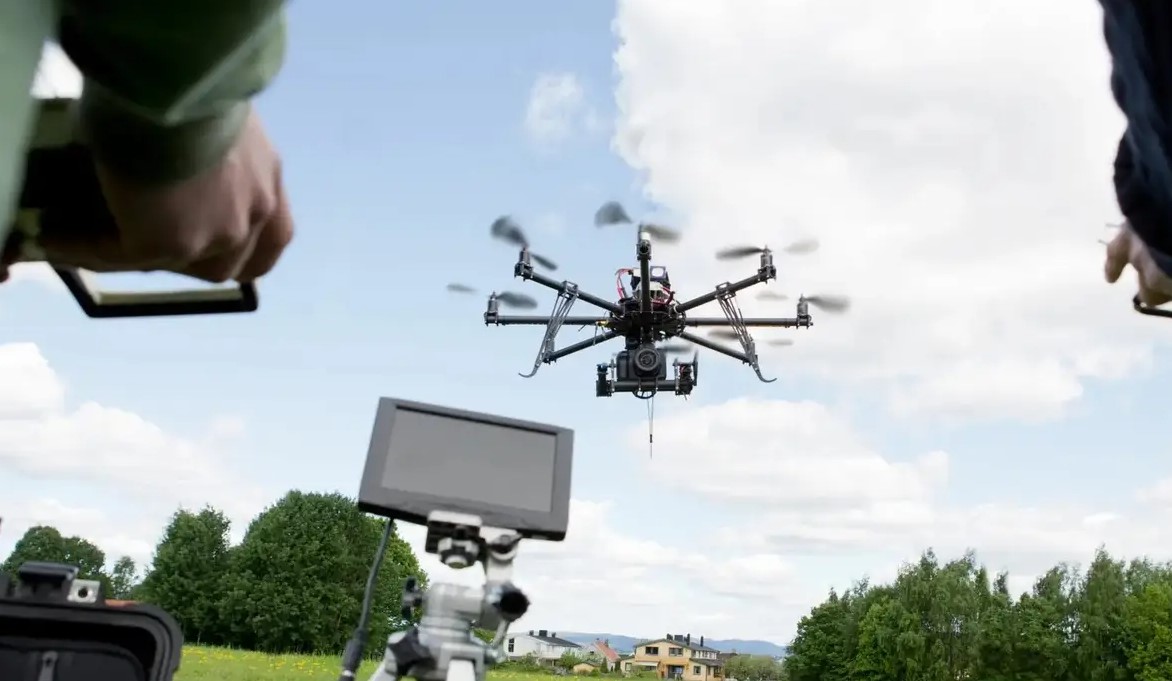
Federal Regulations on Drone Use
Before delving into Texas-specific laws, it’s essential to understand the federal framework governing drone use. The Federal Aviation Administration (FAA) regulates the operation of drones under Part 107 of the FAA regulations. Key provisions include:
- Drone Registration: Drones weighing more than 0.55 pounds must be registered with the FAA.
- Operational Restrictions: Operators must maintain visual line-of-sight with the drone, avoid flying over people or moving vehicles, and not operate drones in restricted airspace without proper authorization.
- Prohibited Uses: Drones cannot be used for unlawful surveillance or activities violating privacy rights.
While federal laws provide overarching guidelines, states have the authority to implement additional restrictions tailored to their specific needs.
Texas Laws on Drone Usage
Texas has enacted specific regulations to govern drone usage under Chapter 423 of the Texas Government Code, which addresses the lawful and unlawful use of UAVs. These laws primarily aim to protect privacy and prevent unlawful surveillance. Key provisions relevant to wildlife and hunting include:
- Restrictions on Surveillance: Using drones to capture images of private property or individuals without consent is prohibited.
- Hunting and Wildlife Monitoring: The use of drones for hunting or locating game animals is highly restricted to prevent unfair advantages and ensure ethical hunting practices.
These state laws emphasize the importance of fair chase principles, which mandate that hunters pursue game animals using traditional methods without undue technological aid.
>>> Read More: Is Drone Deer Recovery Legal in Oklahoma?
Is Drone Deer Recovery Legal in Texas?
In Texas, the legality of drone deer recovery hinges on the interpretation of existing laws and regulations. Section 62.002 of the Texas Parks and Wildlife Code prohibits the use of aircraft to hunt, locate, or assist in hunting wildlife. While drones are not explicitly mentioned in this statute, they are generally considered aircraft under both state and federal definitions.
Additionally, the Texas Parks and Wildlife Department (TPWD) enforces strict guidelines for hunting and wildlife management. The use of drones to locate wounded deer could potentially violate these regulations because it may be construed as aiding in hunting, even if the primary intent is recovery rather than pursuit.
Exceptions and Permits
While the general consensus leans toward prohibiting drone deer recovery, there may be exceptions under specific circumstances. Hunters or wildlife managers can apply for special permits through the TPWD, particularly if drones are used for scientific research or conservation purposes. However, these permits are rarely issued for recreational hunting activities.
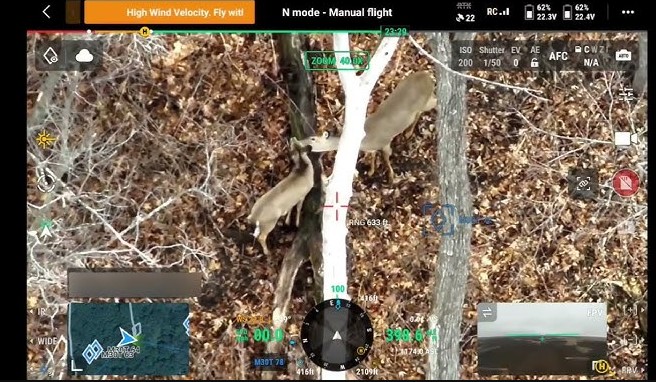
Ethical and Practical Considerations
Ethical Implications
The use of drones in deer recovery raises ethical concerns, primarily revolving around the principle of fair chase. Critics argue that drones provide hunters with an undue advantage, undermining the traditional skills associated with tracking and hunting. Furthermore, reliance on drones could lead to increased pressure on wildlife populations, disrupting ecosystems and natural behaviors.
Conversely, proponents contend that drones can enhance ethical hunting practices by enabling swift recovery of wounded animals, thereby reducing their suffering. This argument aligns with the ethical responsibility of hunters to minimize harm and make every effort to retrieve game.
Practical Challenges
Even if drone deer recovery were legal in Texas, practical challenges could arise:
- Terrain and Coverage: Dense forests, rugged landscapes, or areas with limited GPS signals could hinder drone operations.
- Cost and Accessibility: High-quality drones equipped with thermal imaging can be expensive, making them inaccessible to the average hunter.
- Privacy Concerns: Drones flying over private property may inadvertently violate privacy rights, leading to legal disputes.
Public Opinion and Advocacy
Public opinion on drone deer recovery in Texas is divided. Some stakeholders, including traditional hunters and wildlife conservationists, oppose the practice, arguing that it disrupts the integrity of hunting. On the other hand, tech enthusiasts and modern hunters see drones as tools to enhance efficiency and ethical practices.
Advocacy groups have called for clearer legislation addressing drone use in wildlife management. These groups emphasize the need for balanced laws that consider technological advancements while preserving hunting traditions and ecological integrity.
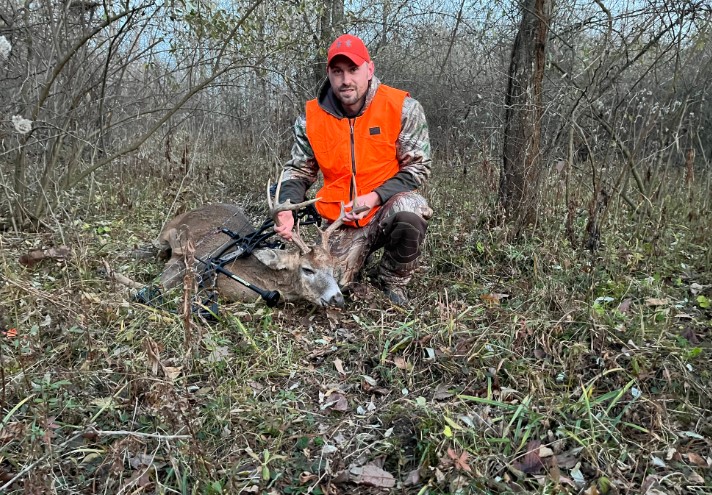
>>> Read More: Is Drone Deer Recovery Legal in Nebraska?
Comparisons with Other States
Texas is not alone in its restrictive stance on drones in hunting. States like Colorado and Montana have outright banned the use of drones for any hunting-related activities. In contrast, states such as Alaska have implemented specific provisions allowing drones under regulated conditions, such as tracking animals after a hunt.
Examining the regulatory frameworks of other states provides valuable insights into potential pathways Texas could adopt. For instance, establishing clear guidelines for post-hunt recovery using drones—while maintaining a ban on their use for active hunting—could strike a balance between technological progress and ethical considerations.
Future Outlook
As drone technology continues to evolve, its applications in wildlife management are likely to expand. In Texas, the debate over drone deer recovery underscores the broader challenges of integrating modern technology into traditional practices. To address these challenges, policymakers should:
- Clarify Existing Laws: Update the Texas Parks and Wildlife Code to explicitly address drone use for recovery purposes.
- Implement Licensing Requirements: Require hunters using drones for deer recovery to obtain a special license or permit.
- Promote Ethical Standards: Develop educational programs emphasizing the importance of ethical hunting and responsible drone usage.
By taking these steps, Texas can provide clarity to hunters while ensuring that technological advancements align with conservation goals and ethical principles.
Conclusion
Drone deer recovery occupies a gray area in Texas law, where federal regulations, state statutes, and ethical considerations intersect. While the practice offers potential benefits, such as improved efficiency and ethical hunting, it also poses challenges related to privacy, fairness, and wildlife conservation.
Currently, the use of drones for deer recovery in Texas is likely to be considered illegal under existing laws. Hunters and wildlife enthusiasts should familiarize themselves with both federal and state regulations to avoid legal repercussions. As technology advances, Texas has the opportunity to lead in crafting balanced policies that embrace innovation while preserving the principles of traditional hunting and wildlife stewardship.
